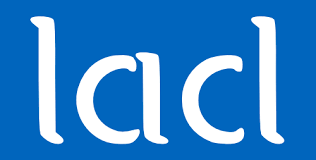April 1, 2019
Meghyn Bienvenu (CNRS - LABRI)The problem of ontology-mediated query answering (OMQA) has gained significant interest in recent years. One popular ontology language for OMQA is OWL 2 QL, a W3C standardized language based upon the DL-Lite description logic. This language has the desirable property that OMQA can be reduced to database query evaluation by means of query rewriting. In this talk, I will consider two fundamental questions about OMQA with OWL 2 QL ontologies: 1) How does the worst-case complexity of OMQA vary depending on the structure of the ontology-mediated query (OMQ)? In particular, under what conditions can we guarantee tractable query answering? 2) Is it possible to devise query rewriting algorithms that produce polynomial-size rewritings? More generally, how does the succinctness of rewritings depend on OMQ structure and the chosen format of the rewritings? After classifying OMQs according to the shape of their conjunctive queries (treewidth, the number of leaves) and the existential depth of their ontologies, we will determine, for each class, the combined complexity of OMQ answering, and whether all OMQs in the class have polynomial-size first-order, positive existential and nonrecursive datalog rewritings. We obtain the succinctness results using hypergraph programs, a new computational model for Boolean functions, which makes it possible to connect the size of OMQ rewritings and circuit complexity.
This talk is based upon a recent JACM paper jointly authored with Stanislav Kikot, Roman Kontchakov, Vladimir Podolskii, and Michael Zakharyaschev.
